OUT OF OUR HEADS
OUT OF OUR HEADS
Why You Are Not Your Brain,
and Other Lessons from
the Biology of Consciousness
ALVA NO
 Hill and Wang
Hill and Wang
A division of Farrar, Straus and Giroux
New York
Hill and Wang
A division of Farrar, Straus and Giroux
18 West 18th Street, New York 10011
Copyright 2009 by Alva No
All rights reserved
Distributed in Canada by D&M Publishers, Inc.
Printed in the United States of America
Published in 2009 by Hill and Wang
First paperback edition, 2010
Grateful acknowledgment is made for permission to reprint the following material: Excerpt from Francisco Varelas translation of Antonio Machados poem Laying Down a Path in Walking, originally published in Gaia, A Way of Knowing: Political Implications of the New Biology, edited by William Irwin Thompson (Hudson, NY: Lindisfarne Press, 1987), pp. 4864. Reprinted by permission of Amy Cohen Varela and William Irwin Thompson.
The Library of Congress has cataloged the hardcover edition as follows: No, Alva.
Out of our heads : why you are not your brain, and other lessons from the biology of consciousness / Alva No.
p. cm.
Includes bibliographical references and index.
ISBN: 978-0-8090-7465-5 (hardcover : alk. paper)
1. Consciousness. I. Title.
QP411.N599 2009
612.8'233dc22
2008031399
Paperback ISBN: 978-0-8090-1648-8
Designed by Jonathan D. Lippincott
www.fsgbooks.com
1 3 5 7 9 10 8 6 4 2
To the memory of Susan L. Hurley
I no more wrote than read that book which is the self I am...
Delmore Schwartz
CONTENTS
PREFACE
W e live in a time of growing excitement about the brain. Only the preoccupation with finding the gene for everything rivals todays widespread optimism regarding all things neuroscientific. Perception, memory, our likes and dislikes, intelligence, morality, whateverthe brain is supposed to be the organ responsible for all of it. It is widely believed that even consciousness, that Holy Grail of science and philosophy, will soon be given a neural explanation. In this era of expensive and flashy new brain-imaging technologies (such as functional magnetic resonance imaging and positron emission tomography), hardly a day goes by without the science pages of our leading newspapers and magazines publishing reports of important breakthroughs and new discoveries.
After decades of concerted effort on the part of neuroscientists, psychologists, and philosophers, only one proposition about how the brain makes us conscioushow it gives rise to sensation, feeling, subjectivityhas emerged unchallenged: we dont have a clue. Even enthusiasts for the new neuroscience of consciousness admit that at present no one has any plausible explanation as to how experiencethe feeling of the redness of red!arises from the action of the brain. Despite all the technology and the animal experimentation, we are no closer now to grasping the neural basis of experience than we were a hundred years ago. Currently, we lack even a back-of-the-envelope theory about what the behavior of individual cells contributes to consciousness. This in itself is no scandal. It is a scandal if we allow the hype to obscure the fact that we are in the dark.
It is sometimes said that the neuroscience of consciousness is in its infancy. But thats not quite right, as it suggests that progress will take care of itself: its just a matter of time and the normal process of maturation. A better image might be that of inexperienced hikers out on the trails without any clear idea where they are: they are lost and dont even know it! I am writing this book to help us figure out where we are and to show us the way forward.
In a way our problem is that we have been looking for consciousness where it isnt. We should look for it where it is. Consciousness is not something that happens inside us. It is something we do or make. Better: it is something we achieve. Consciousness is more like dancing than it is like digestion.
The aim of this book is to convince you of this. I also want to show you that this is what a genuinely biological aproach to the study of mind and human nature teaches us. The idea that the only genuinely scientific study of consciousness would be one that identifies consciousness with events in the nervous system is a bit of outdated reductionism. It is comparable to the idea that depression is a brain disease. In one sense, that is obviously true. There are neural signatures of depression. Direct action on the brainin the form of drug therapycan influence depression. But in another sense, it is obviously not true. It is simply impossible to understand why people get depressedor why this individual here and now is depressedin neural terms alone. Depression happens to living people with real life histories facing real life events, and it happens not only against the background of these individual histories but also against the background of the phylogenetic history of the species. The dogma that depression is a brain disease serves the interests of drug companies, no doubt; it also serves to destigmatize the struggle with depression, which is a good thing. But it is false.
To move forward in our understanding of consciousness, we need to give up the internal, neural microfocus (as Susan Hurley and I once described it). The locus of consciousness is the dynamic life of the whole, environmentally plugged-in person or animal. Indeed, it is only when we take up this holistic perspective on the active life of the person or animal that we can begin to make sense of the brains contribution to conscious experience.
This is a positive book. Human experience is a dance that unfolds in the world and with others. You are not your brain. We are not locked up in a prison of our own ideas and sensations. The phenomemon of consciousness, like that of life itself, is a world-involving dynamic process. We are already at home in the environment. We are out of our heads.
I have written this book with a particular audience in mind. I imagine that my reader is a lover of science and that he or she is fascinated by the problem of mind, by the fact of consciousness, and by how daunting it is to understand or explain these phenomena. I hope that cognitive scientists and philosophers interested in the mind will read the book and take note of its arguments. But I havent directed my writing to them. My subject matter is basic to the conduct of normal neuroscience and psychology; it concerns what philosophers call the foundations of cognitive science. I want us to rethink what scientists have simply taken for granted: the basic, starting-point assumptions. For this reason I have tried, in writing this book, to avoid the jargon and insider-speak, the styles of language and argumentation, that already presuppose that one is a member of the cognitive science club.
I am not someone who disdains specialization and technical language. Science and philosophy are, if you like, conversations that have been going on for a long time. Of course, it will be hard for an outsider to sit down at the table and have a real sense of what is going on. And why should scientists be required to begin again anew each day so that the novice can understand what is under discussion?
The situation is different, however, if the conversation is, well, troubled. In my view, this is the case in contemporary cognitive science. The science of mind could benefit from interruption. It is time to slide our chairs back from the table and to invite intelligent latecomers to join our circle. In cognitive science, specialist jargon and technical details are too often an impediment to clear and honest thinking.
In some sense, then, this book is political. I am writing the book to change the world. Or at least to shake up the cognitive science establishment. I am aware that thats a tall order and that in some ways it may seem presumptuous even to try.
Next page

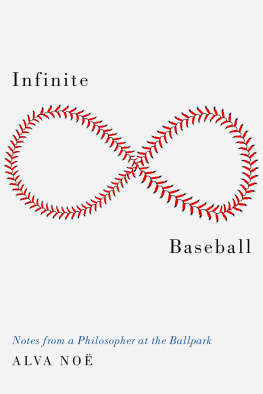
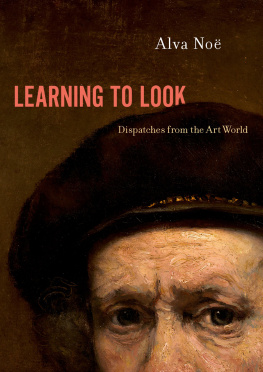
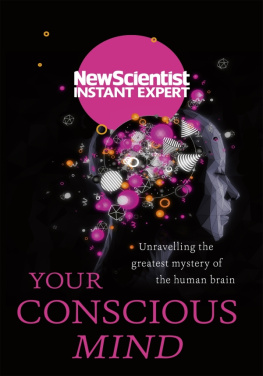
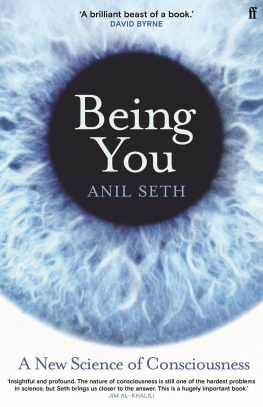
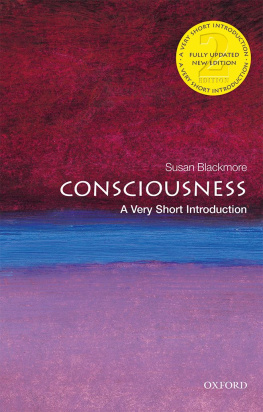
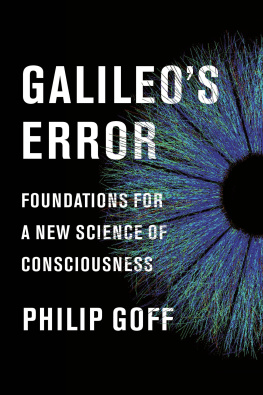
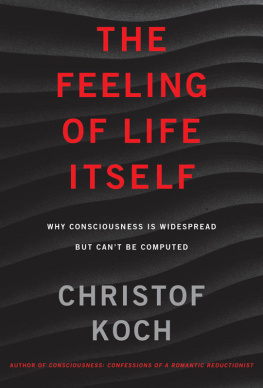
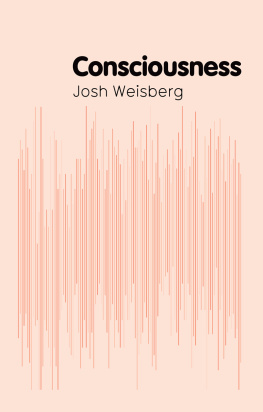
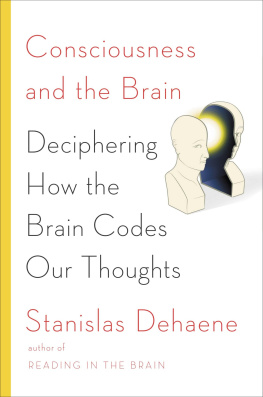
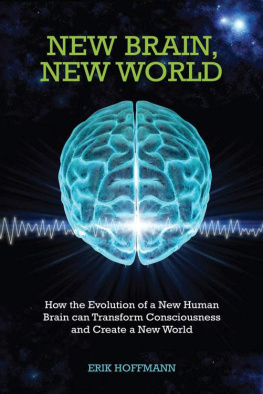
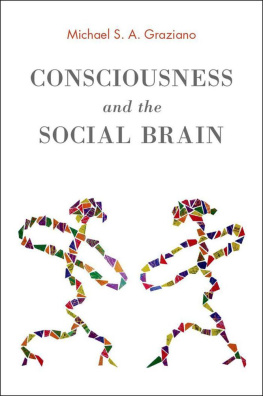
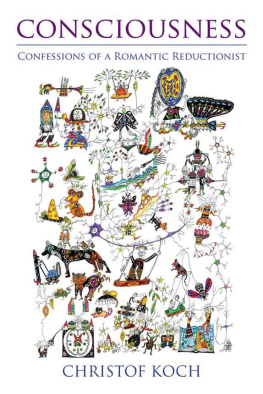
 Hill and Wang
Hill and Wang